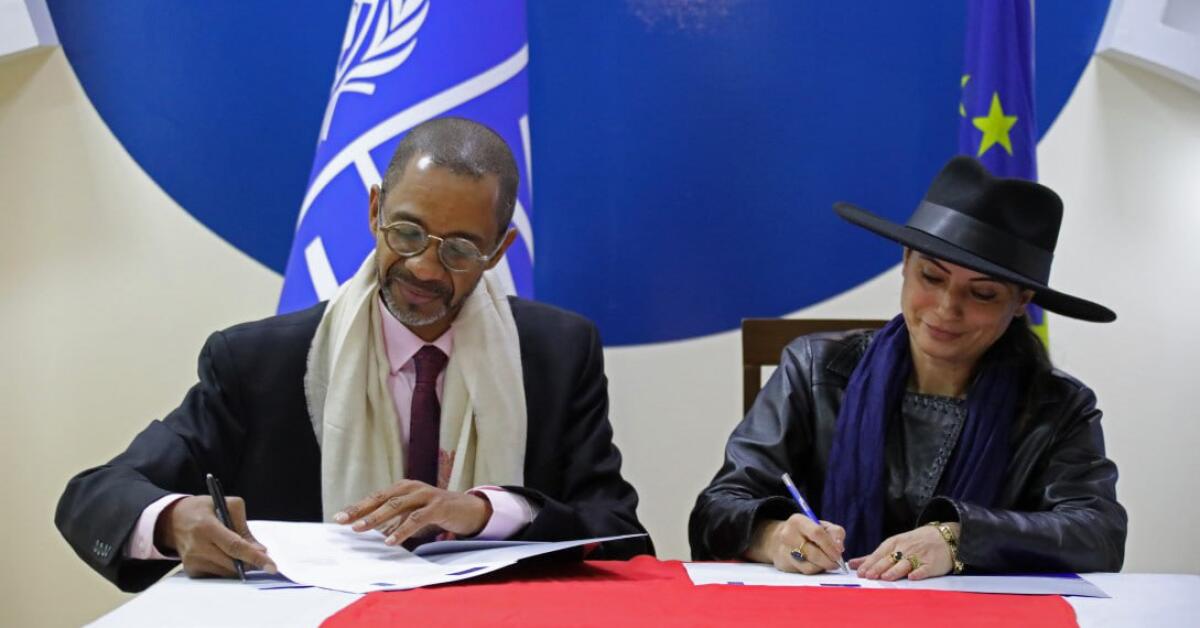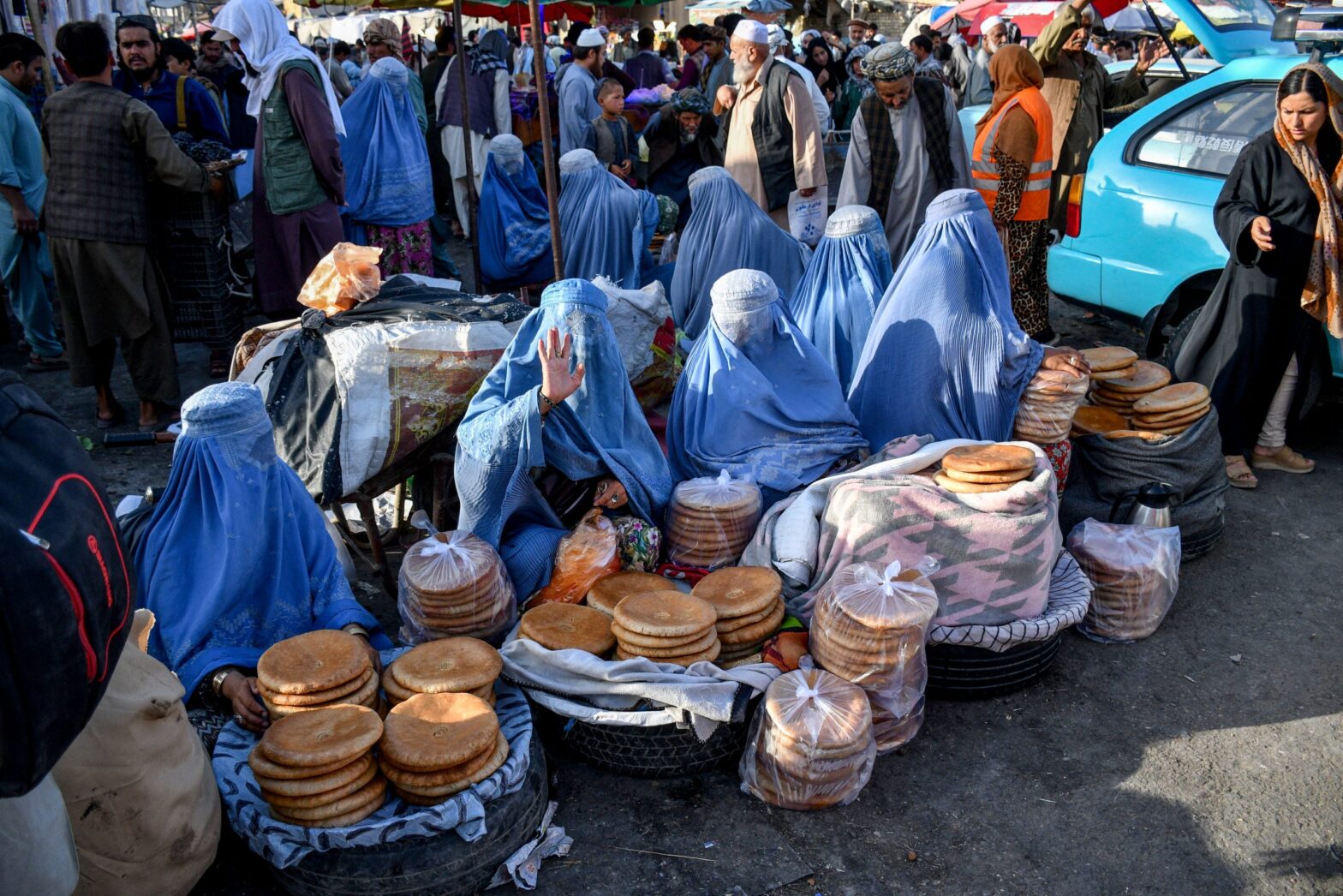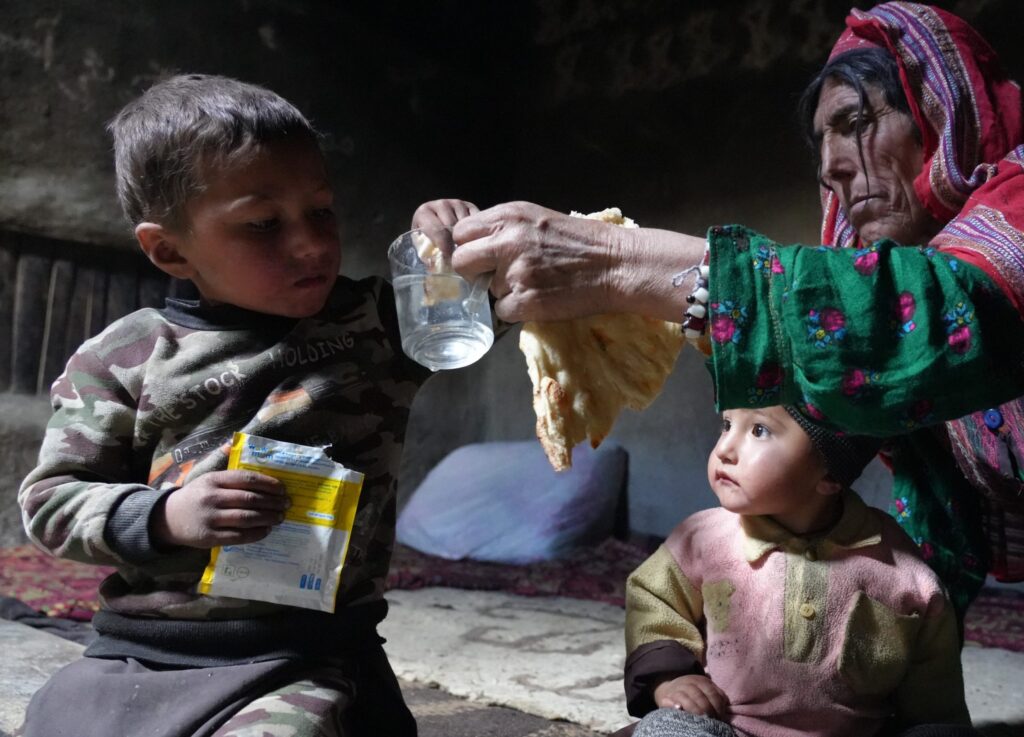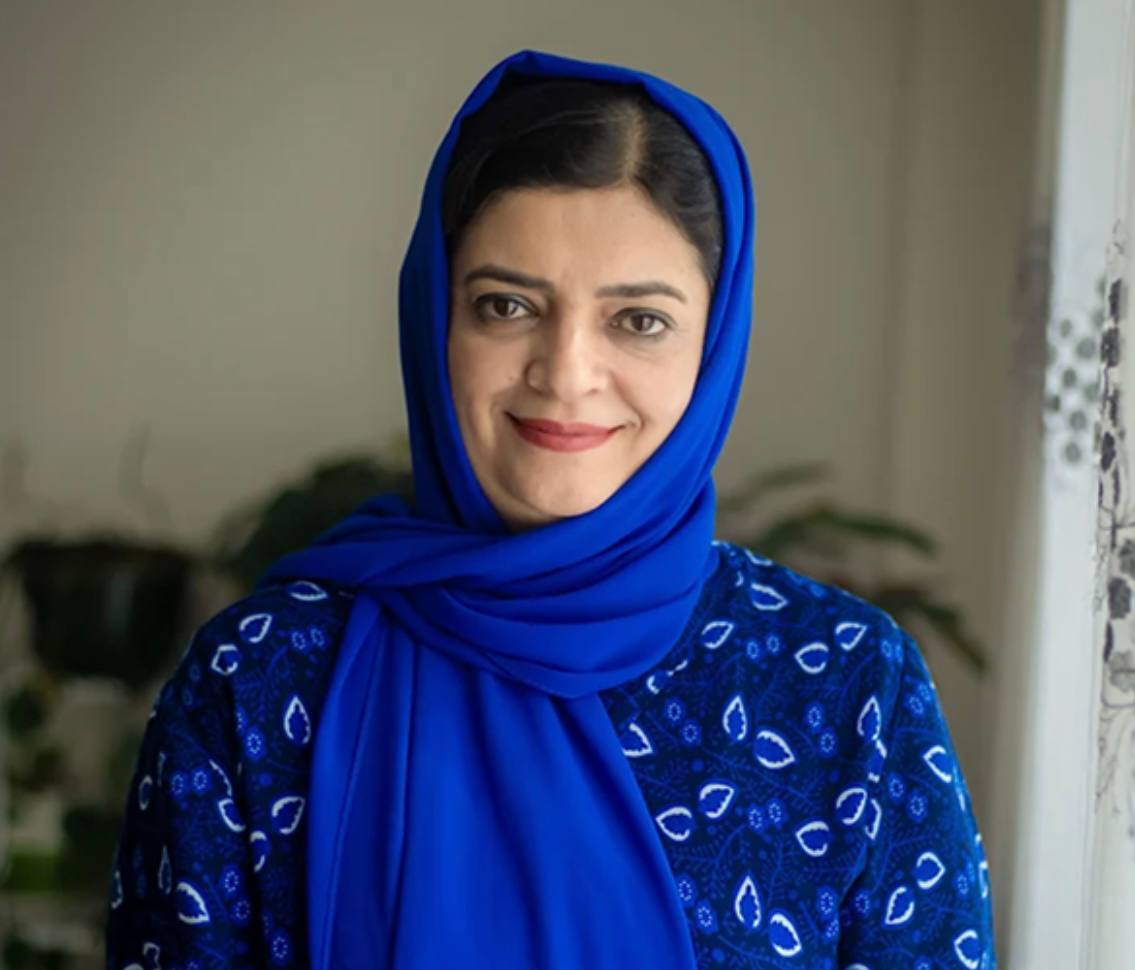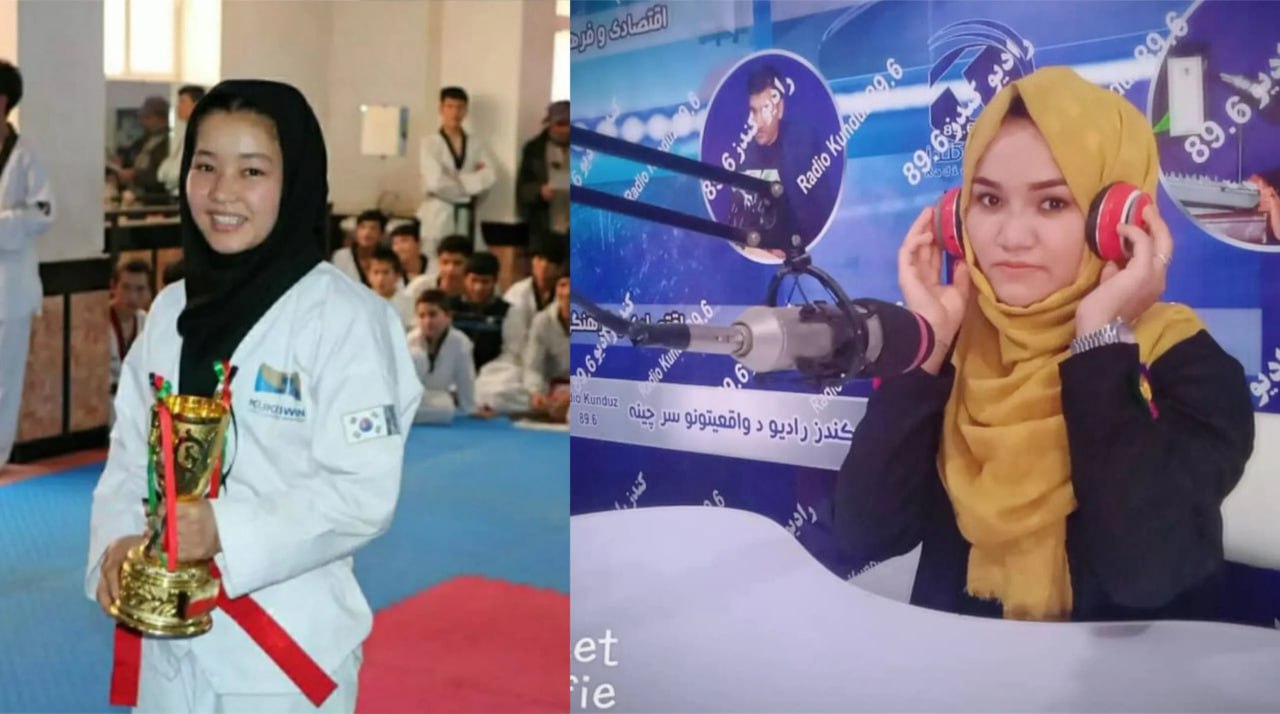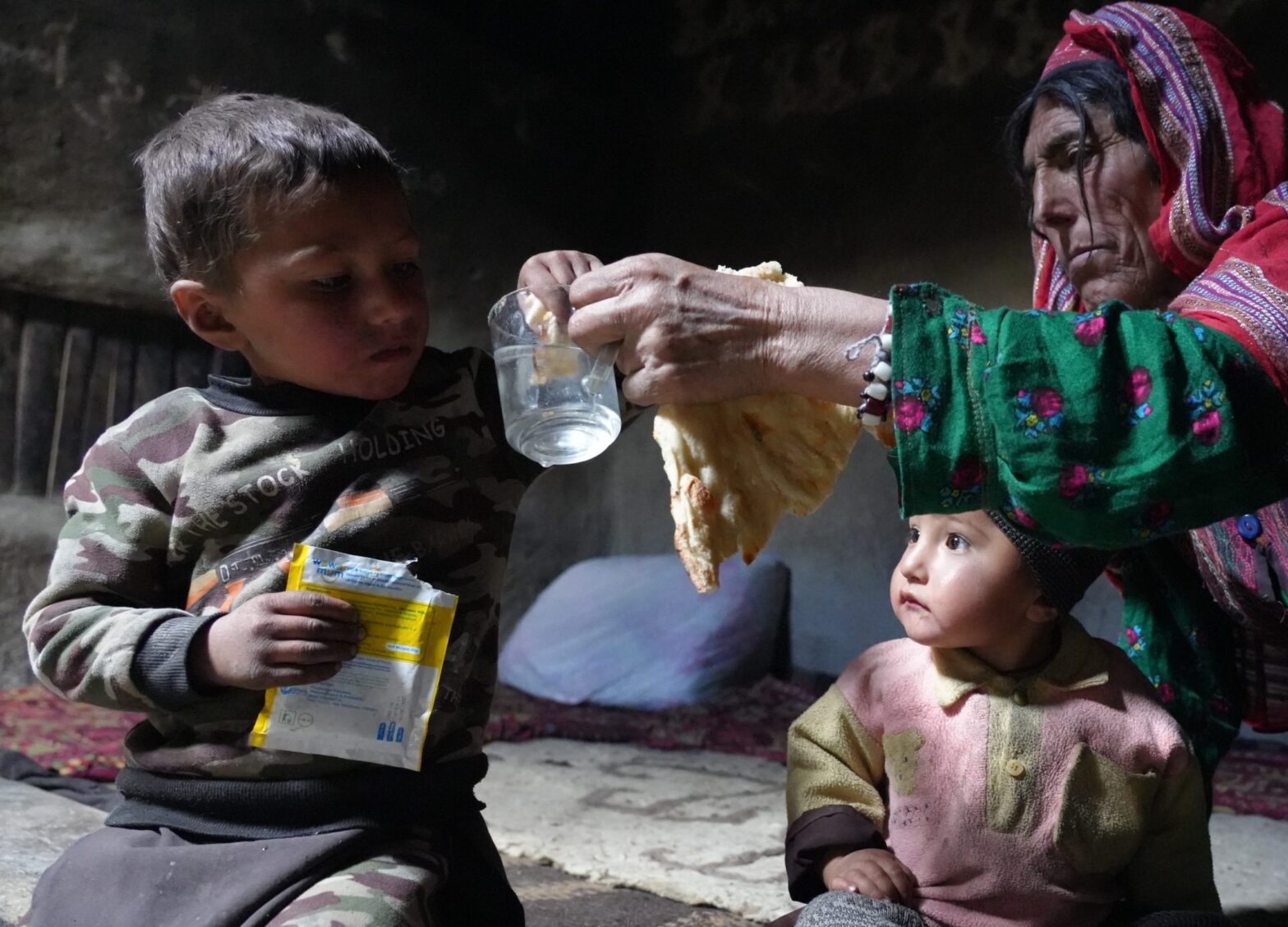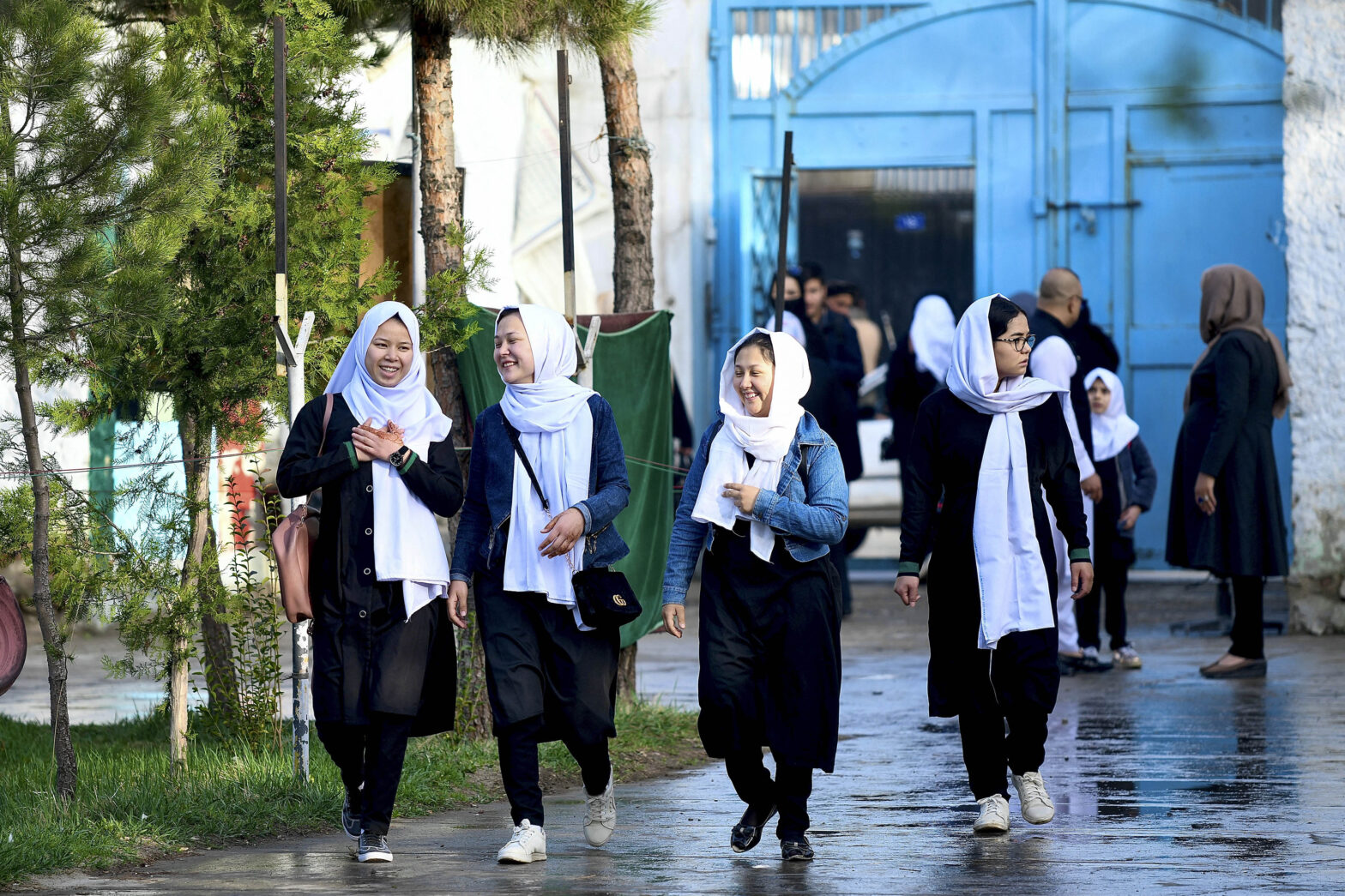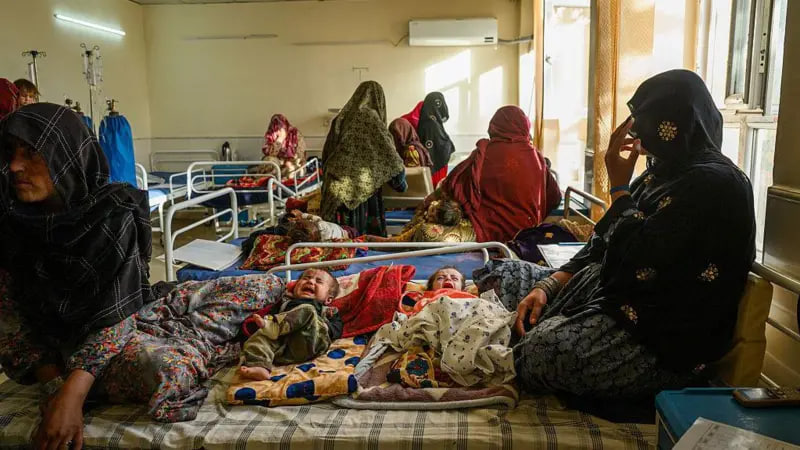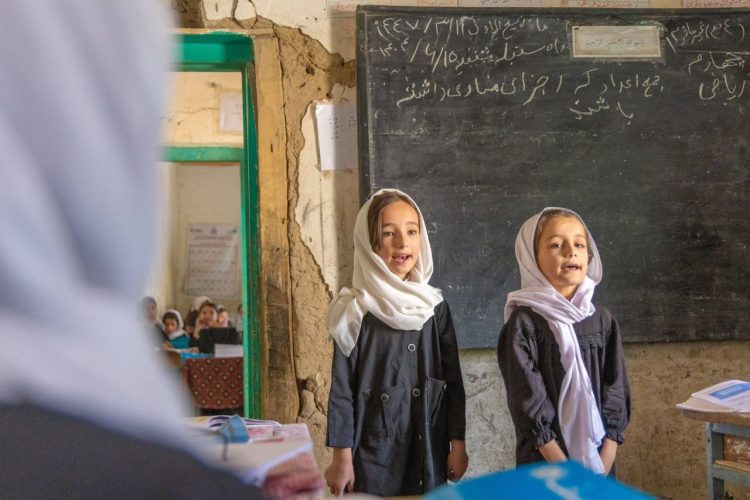
UN Women has stated in a recent announcement that education is a fundamental right for all women and girls and should not be treated as a privilege. In a message published on its official X account, the organization said that every woman and girl “deserves access, opportunity, and choice” in education, and that this right must be guaranteed for all. UN Women further emphasized that education is a basic right for all women and girls. Since taking power in Afghanistan, the current authorities have deprived women and girls of education. Most recently, they have closed the doors of medical institutes to women and girls, despite the country’s healthcare sector facing a severe shortage of personnel. This decision by the current authorities has left millions of female students deprived of education. In addition, women have been banned from attending sports clubs, restaurants, public bathhouses, being examined by male doctors, traveling without a male guardian (mahram), and working in domestic and international non-governmental organizations, as well as even in United Nations offices in Afghanistan. Meanwhile, the United Nations has consistently called on the international community to take urgent action to support girls’ education and ensure their access to learning opportunities.

